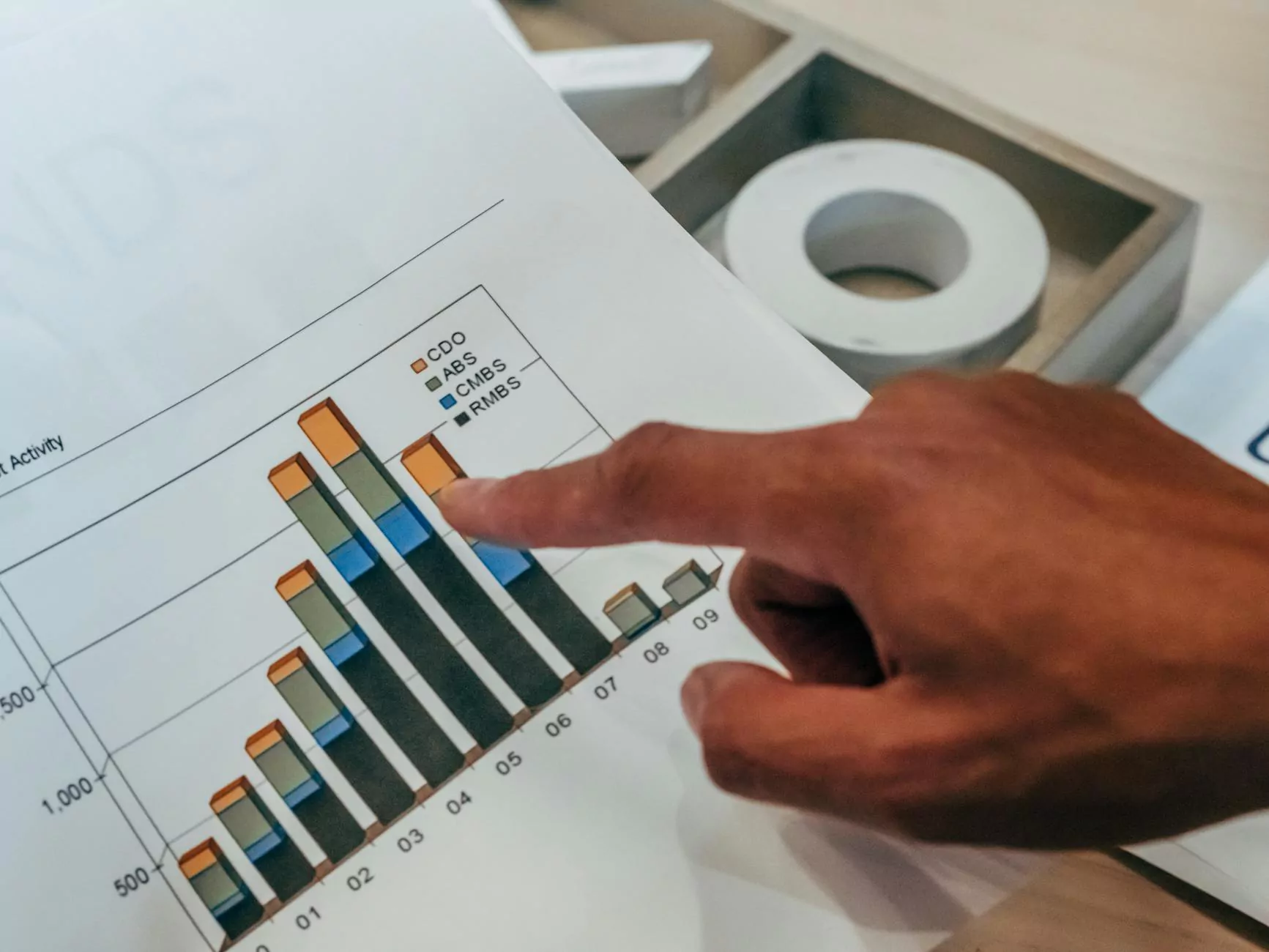The Intricate World of Fake Euro Notes: Implications for Businesses

The rise of counterfeit currency has always been a concern for the global economy, and the euro is no exception. Among the many currencies challenged by counterfeiters, fake euro notes have had a significant impact on banks, credit unions, and financial services. This article delves into the complexities surrounding fake euro notes, their implications for businesses, and strategies to mitigate risks.
1. Understanding Fake Euro Notes
Fake euro notes refer to counterfeit banknotes that imitate real euros but are produced illegally. These notes may not only harm the economy but also undermine the trust that consumers and businesses place in financial institutions. Understanding the nature of these counterfeit notes is essential for any business operating within domains like Banks & Credit Unions, Financial Services, and Financial Advising.
1.1 The Art of Counterfeiting
The processes used by counterfeiters include high-quality printing techniques and sophisticated digital technologies. Fake euro notes can often be misleadingly close to the original notes, making them difficult to identify for the untrained eye. As such, businesses must take proactive steps to educate their staff about how to recognize these counterfeits.
2. The Economic Impact of Fake Euro Notes
The presence of counterfeit euro notes in circulation has profound effects on the economy.
Here are some critical implications:
- Loss of Revenue: Businesses receiving counterfeit notes may inadvertently facilitate financial losses, impacting their profitability.
- Impact on Consumer Trust: When counterfeiting is rampant, consumer confidence in the monetary system decreases, leading to potential declines in sales.
- Increased Costs: Banks and financial institutions spend significant sums on anti-counterfeiting measures, which can lead to higher operating costs.
- Legal Ramifications: Accepting fake euro notes can have serious legal consequences for businesses, which may face fines and other penalties.
3. Strategies for Businesses to Combat Fake Euro Notes
To safeguard themselves against fake euro notes, businesses can implement various strategies:
3.1 Staff Training
Ensuring that all employees are trained to recognize counterfeit currency is paramount. Training sessions can include:
- Identifying key security features on euro notes
- Regular workshops on spotting counterfeit bills
- Providing resources such as printed guides for reference
3.2 Utilizing Technology
Investing in technology, such as currency detectors and software that aids in recognizing counterfeit notes, can be incredibly beneficial. Technologies may include:
- Ultraviolet (UV) scanners
- Infrared (IR) detectors
- Smartphone applications designed to identify fake currency
3.3 Collaboration with Financial Institutions
Businesses should maintain close relationships with banks and credit unions to stay informed about the latest trends in counterfeiting. Collaborating on awareness programs can be beneficial.
4. The Role of Banks and Financial Services
Banks and financial services play a pivotal role in combating the issue of fake euro notes. They implement numerous strategies to protect their clientele.
4.1 Verification Systems
Most banks utilize cutting-edge verification systems that can detect counterfeit notes promptly. Such systems involve:
- Automated teller machines (ATMs) equipped to identify fake notes
- Manual verification processes performed by bank tellers
- Regular audits to ensure compliance with anti-counterfeiting policies
4.2 Consumer Education
Financial institutions often undertake initiatives to educate consumers about the features of genuine euro notes and the dangers posed by counterfeits. By providing accessible resources, they help demystify the issue.
5. Financial Advising: Educating Clients on Risks
In the realm of financial advising, professionals must equip their clients with knowledge on identifying and dealing with counterfeit notes. This education is crucial because:
- Awareness: Clients who understand the risks associated with fake euro notes are better prepared to handle them.
- Investment Advice: Advisers can guide clients on how to protect their assets in environments where counterfeit notes are more prevalent.
6. Legal Framework Surrounding Counterfeit Currency
Understanding the legal consequences of counterfeit currency is vital for all businesses. The law treats counterfeiters harshly, with penalties that can include hefty fines and imprisonment. Businesses caught accepting counterfeit euro notes may also face legal repercussions, making it essential to stay informed about the laws governing currency in their respective jurisdictions.
6.1 Reporting Counterfeit Notes
If a business receives a fake euro note, it is crucial to report it to law enforcement authorities immediately. This proactive measure helps in:
- Preventing further circulation of counterfeit notes
- Assisting in investigations against counterfeiting operations
7. Conclusion: The Path Forward for Businesses
As the threat of fake euro notes continues to evolve, businesses must remain vigilant and proactive. From investing in staff training to employing advanced detection technologies, organizations must strive to protect their interests and their customers.
By working closely with banks and financial institutions and staying informed about legal developments, businesses can navigate the complex landscape of counterfeit currency with confidence. The future will undoubtedly present challenges, but with a proactive approach, businesses can safeguard their financial operations effectively.









